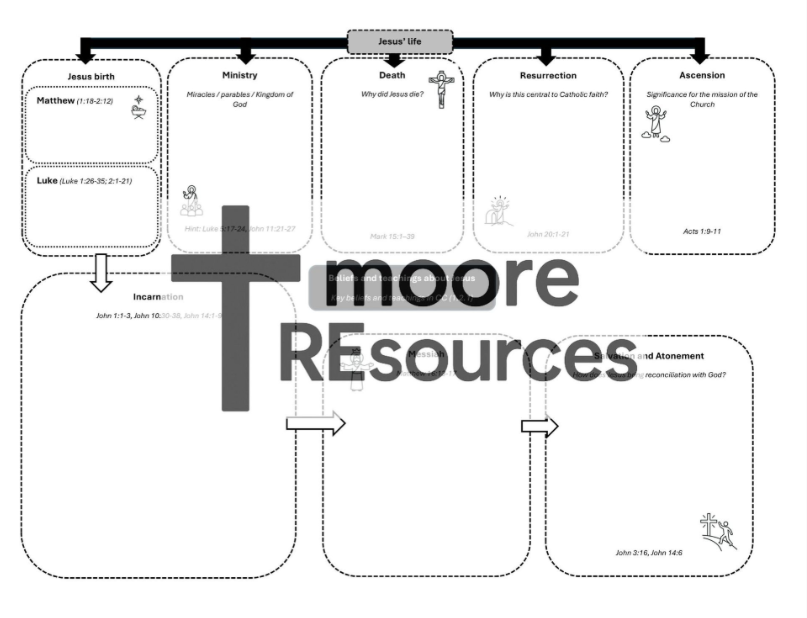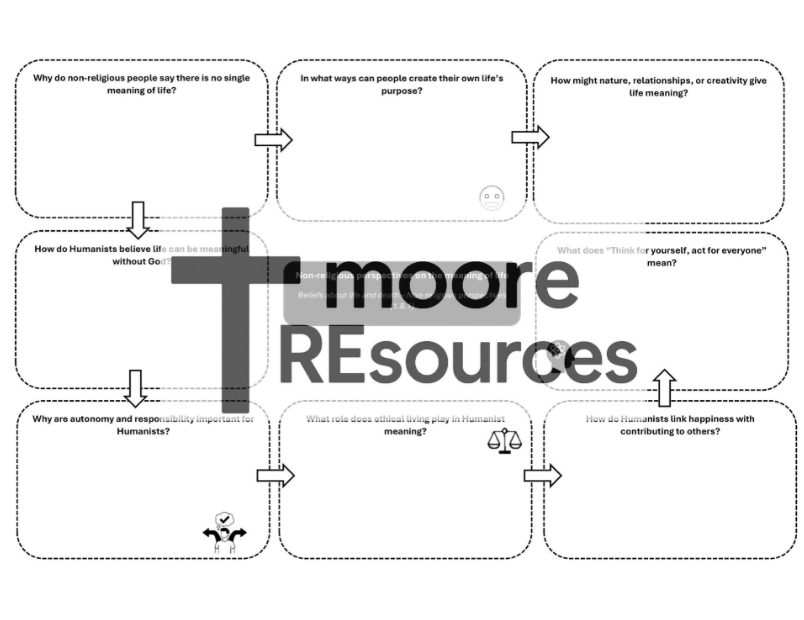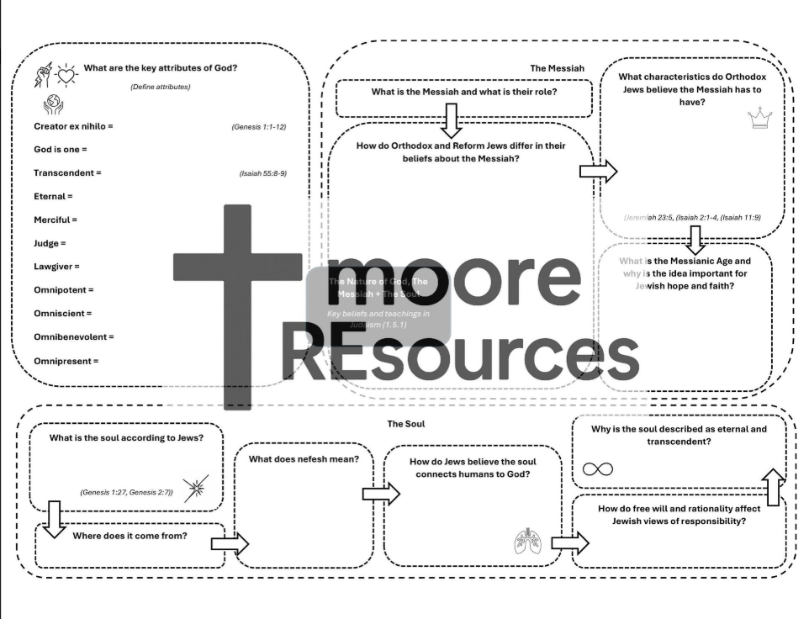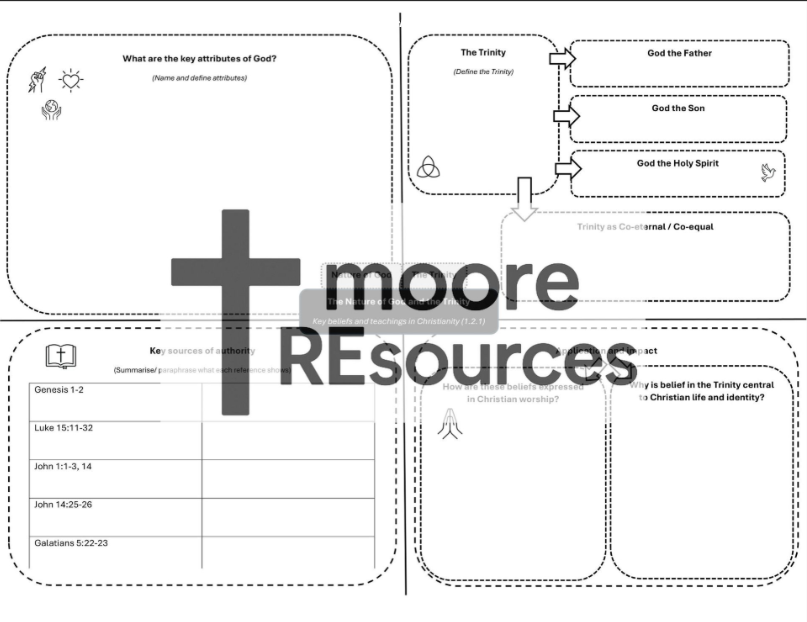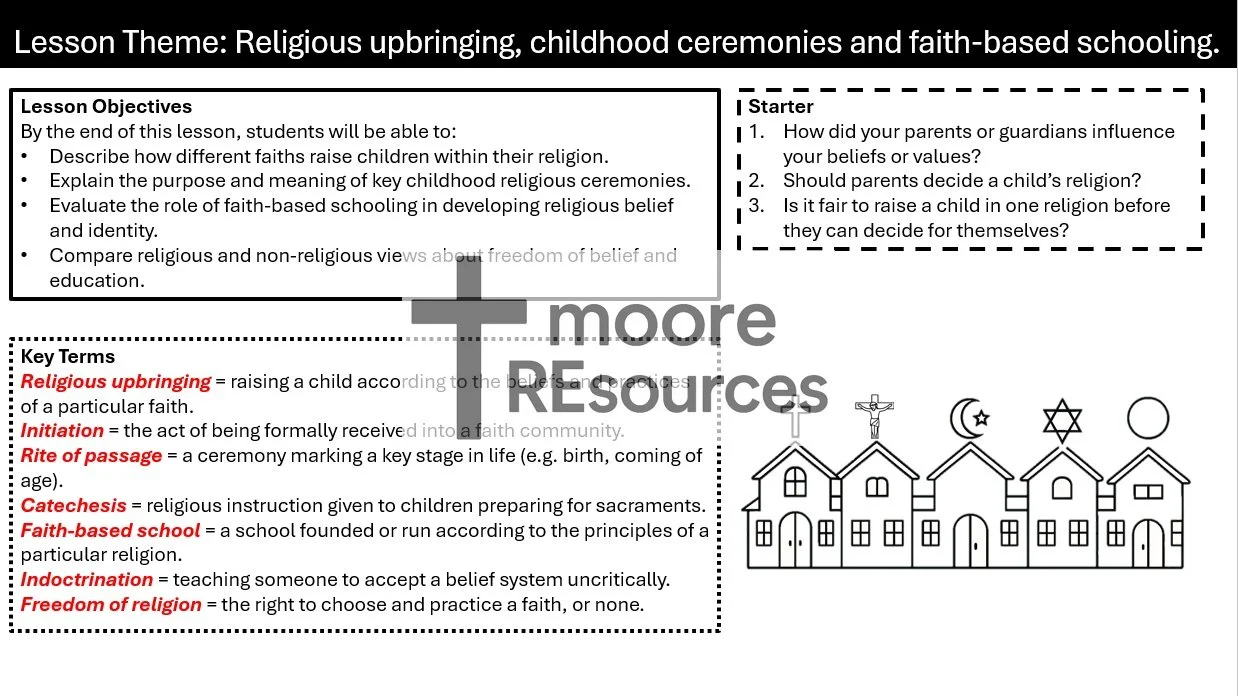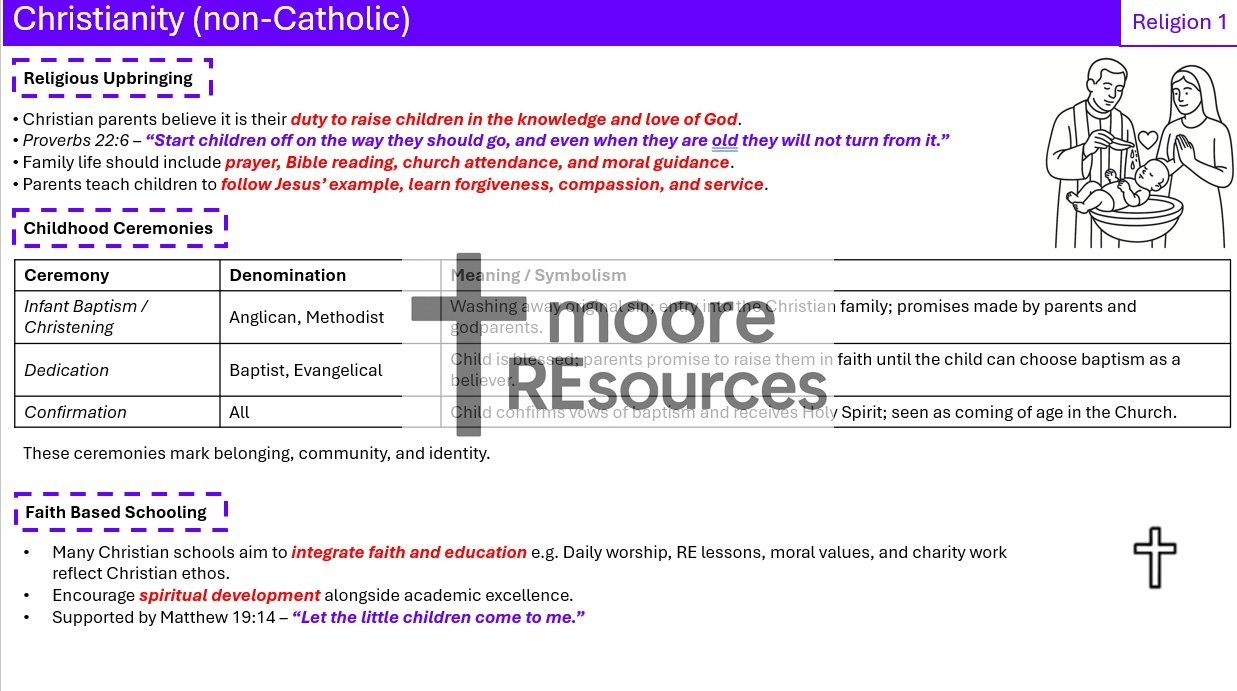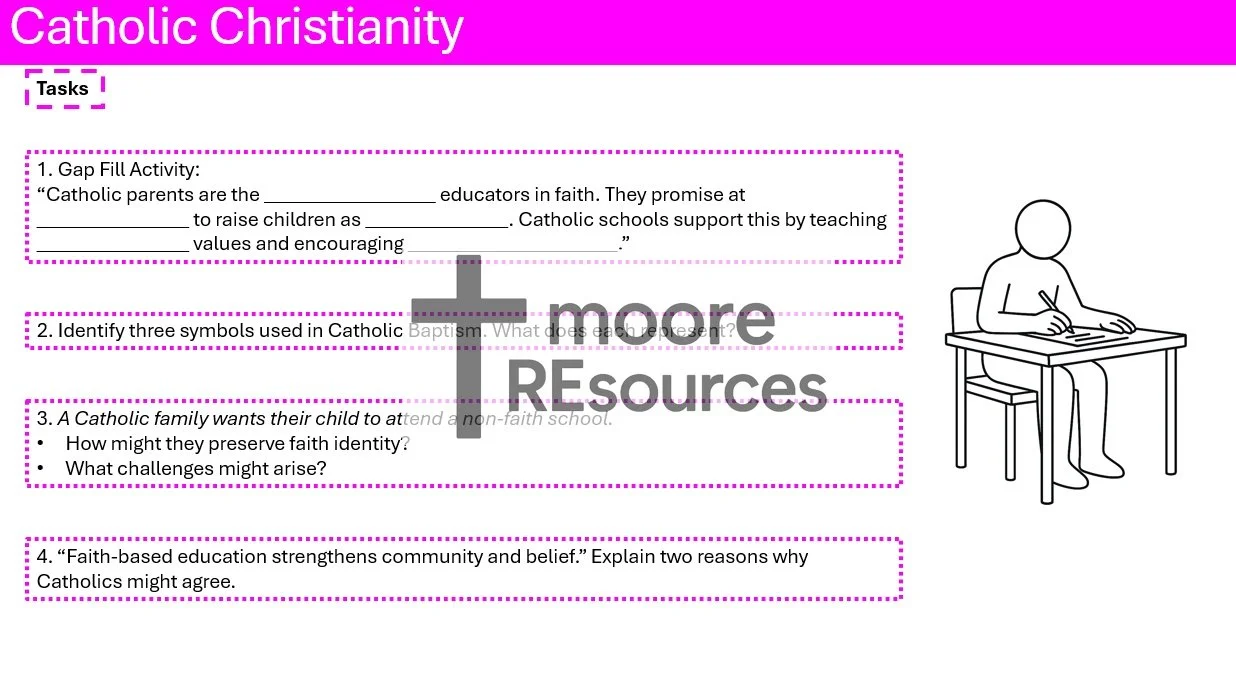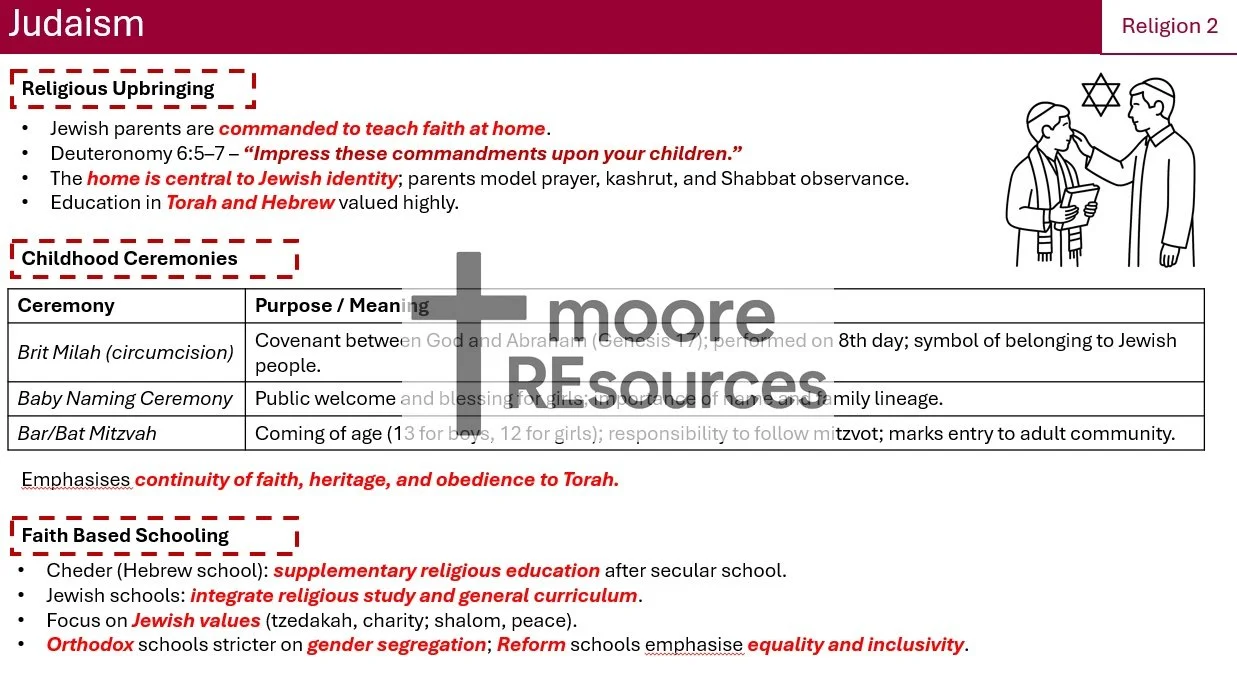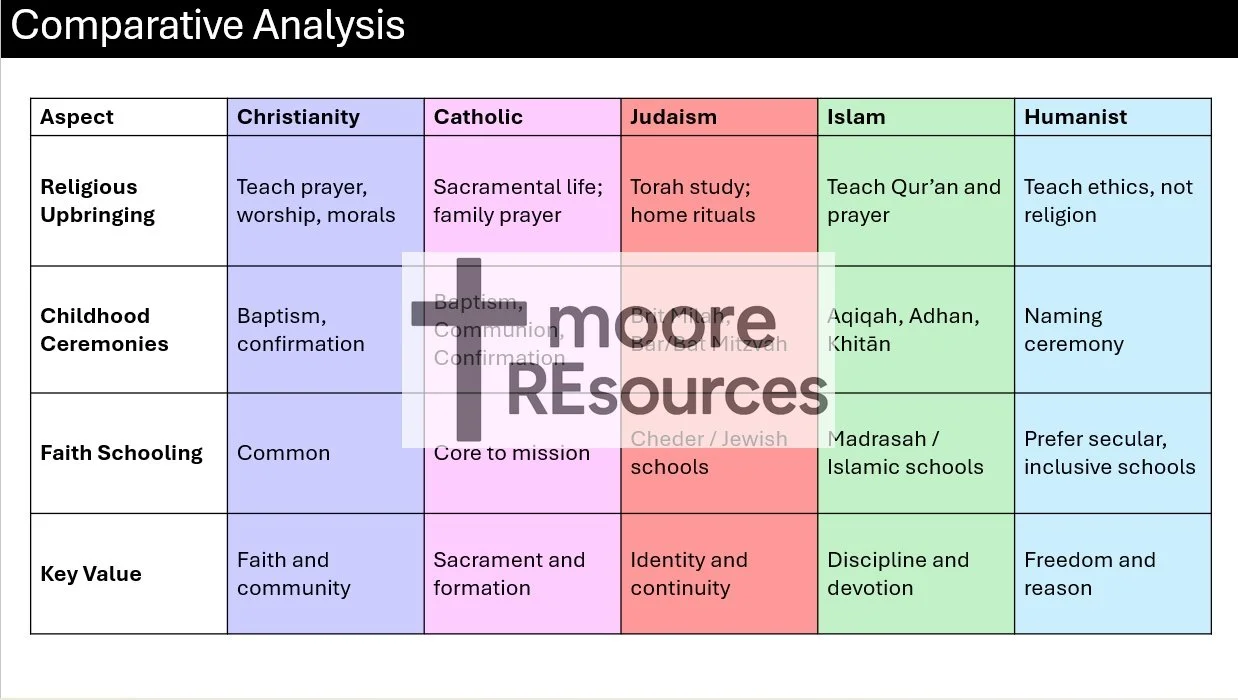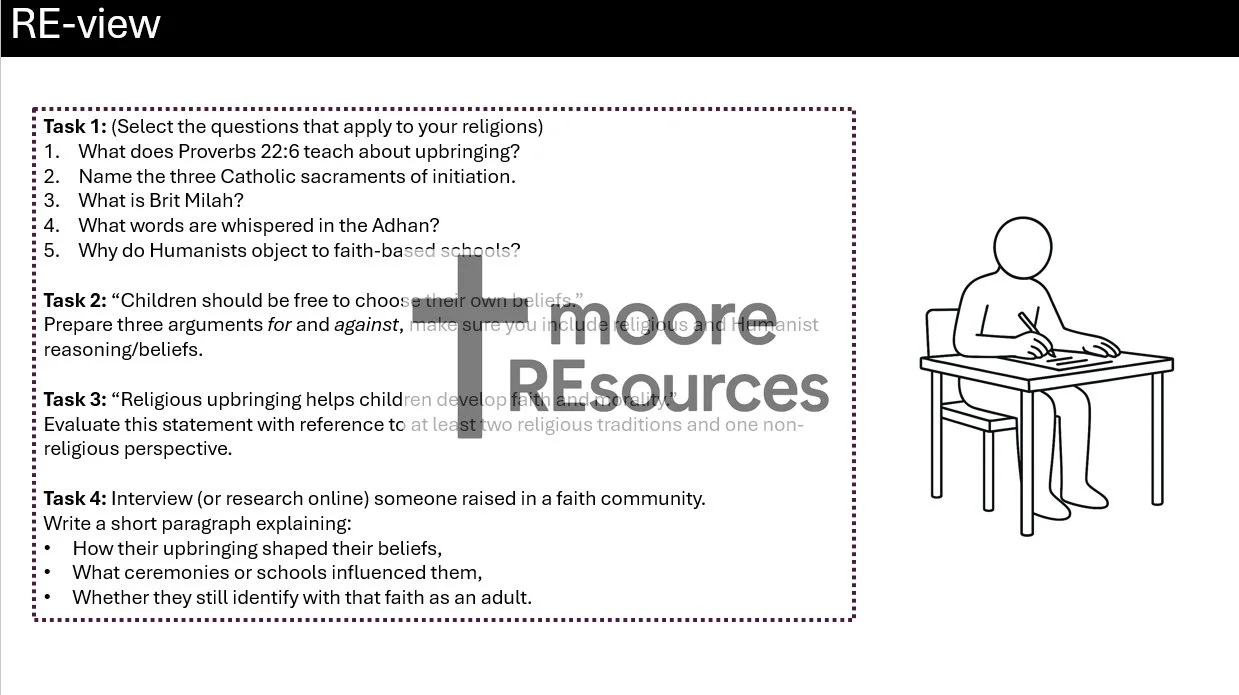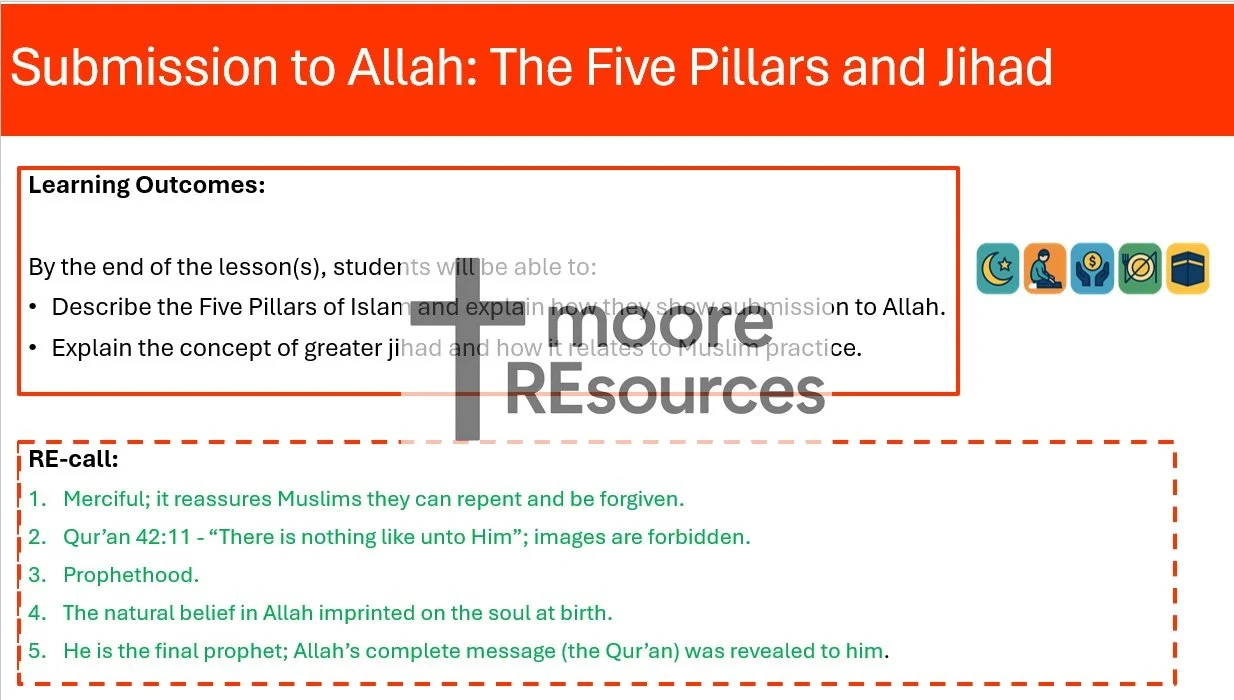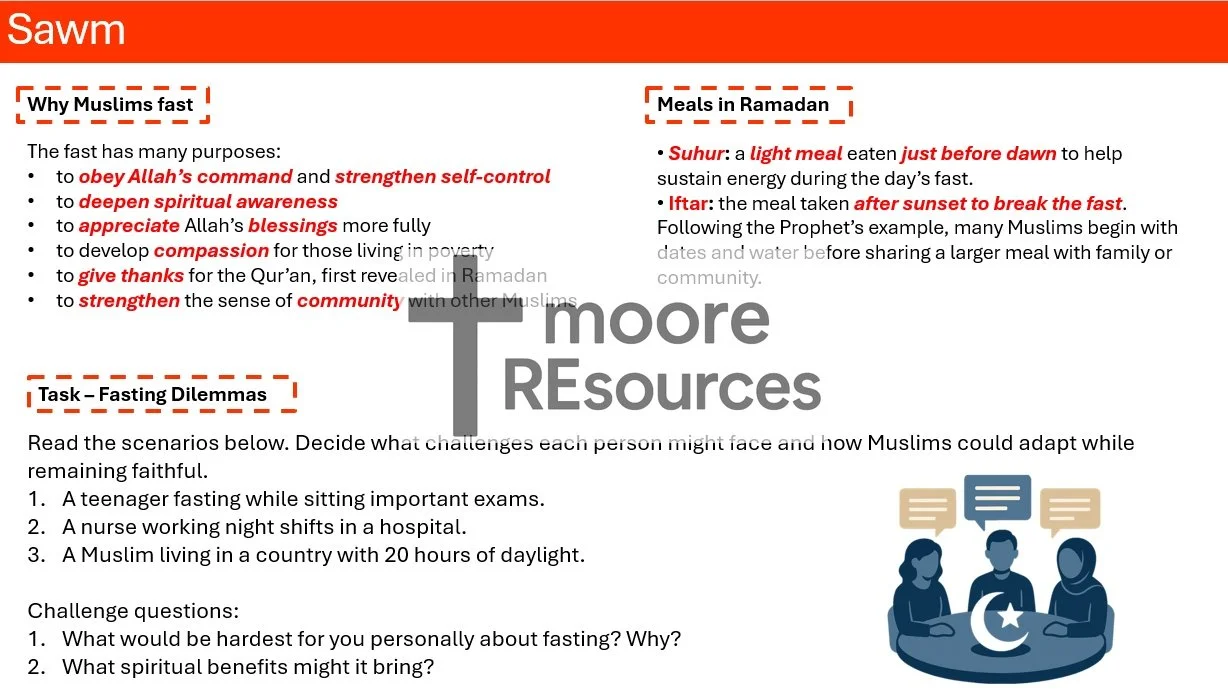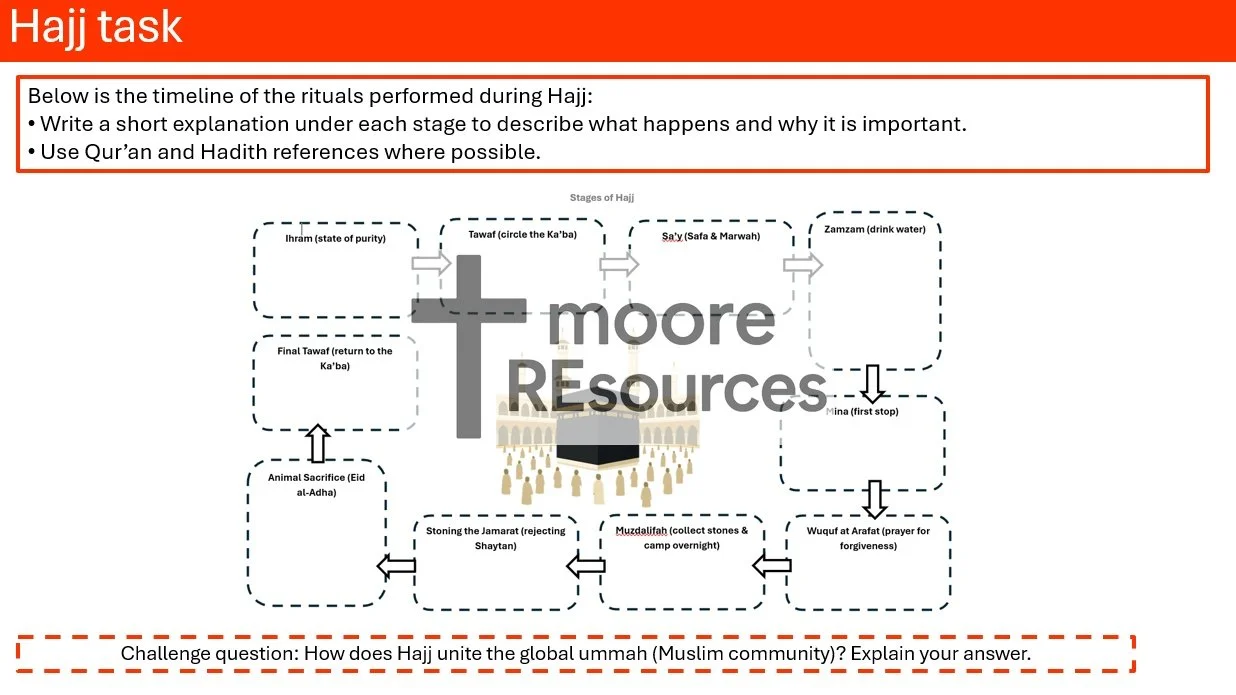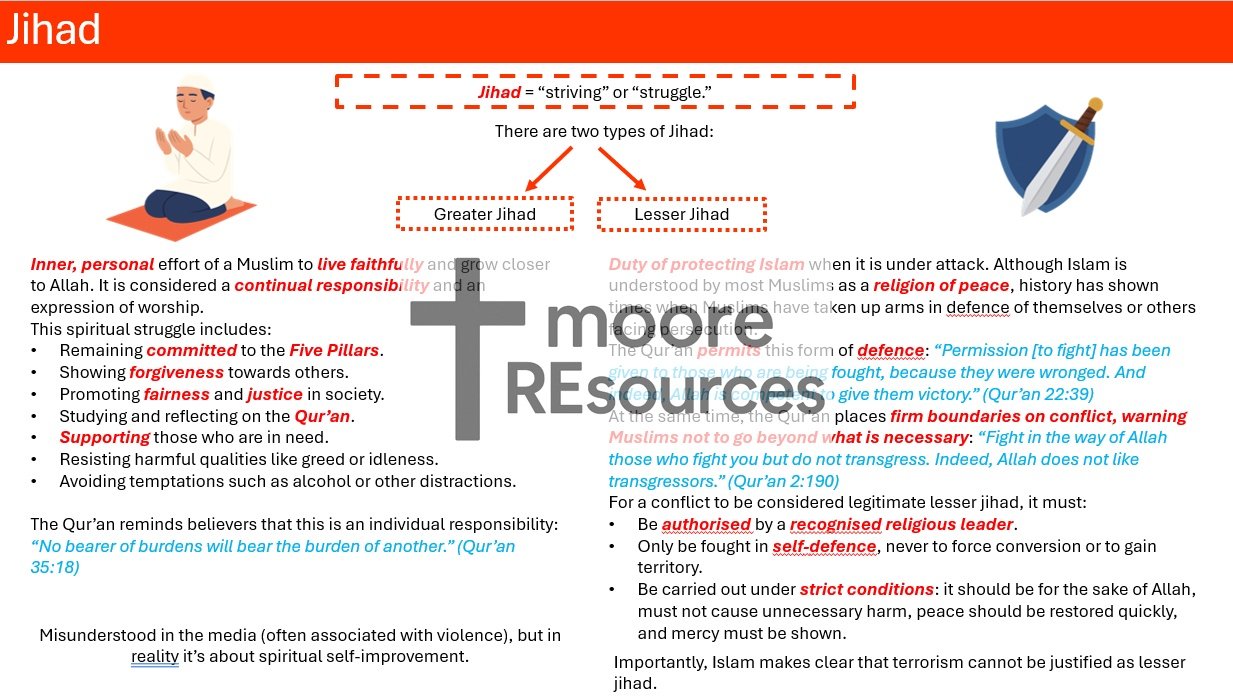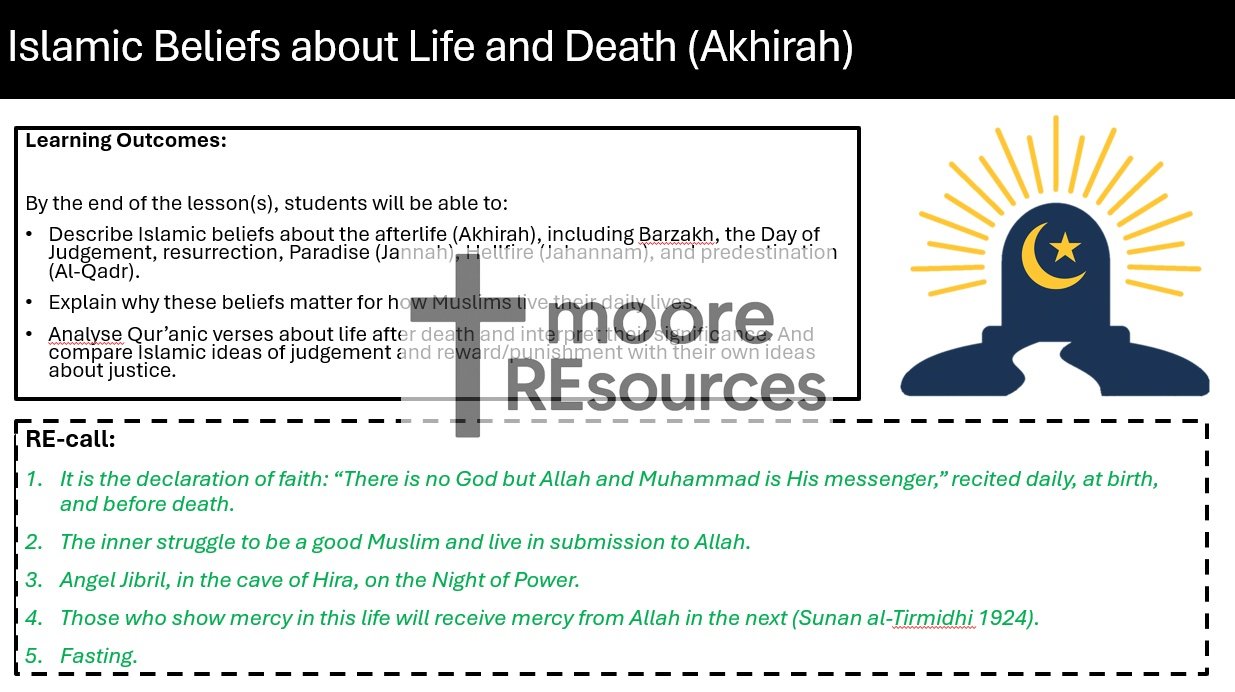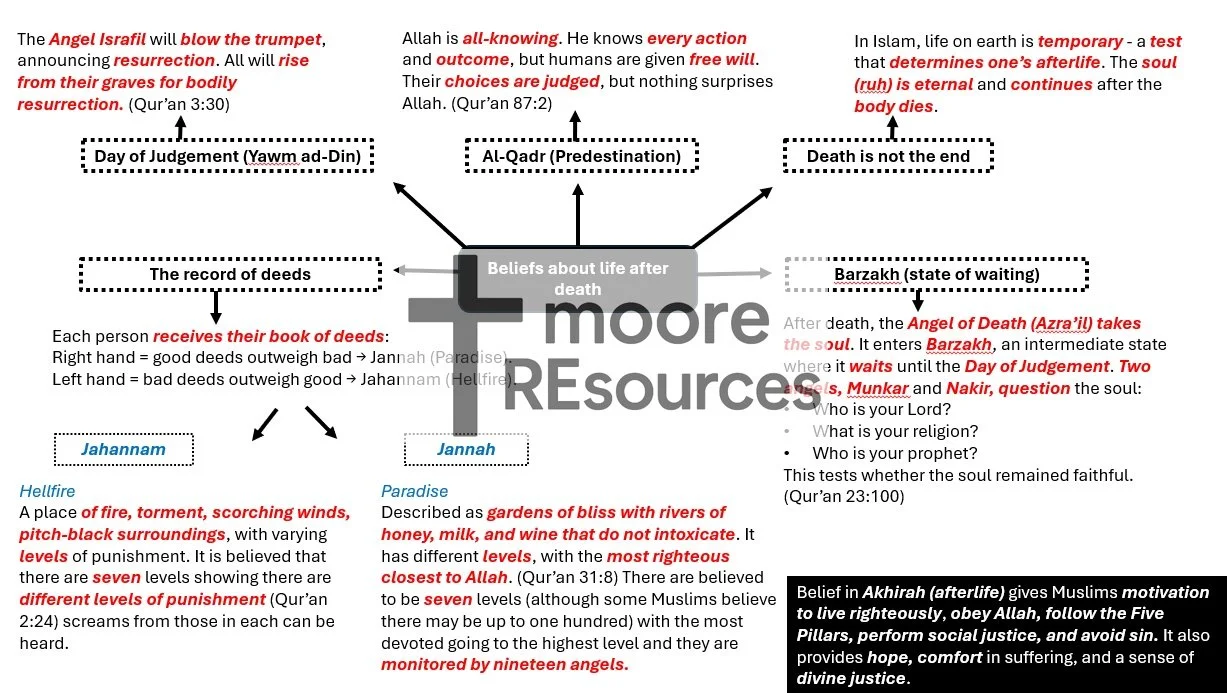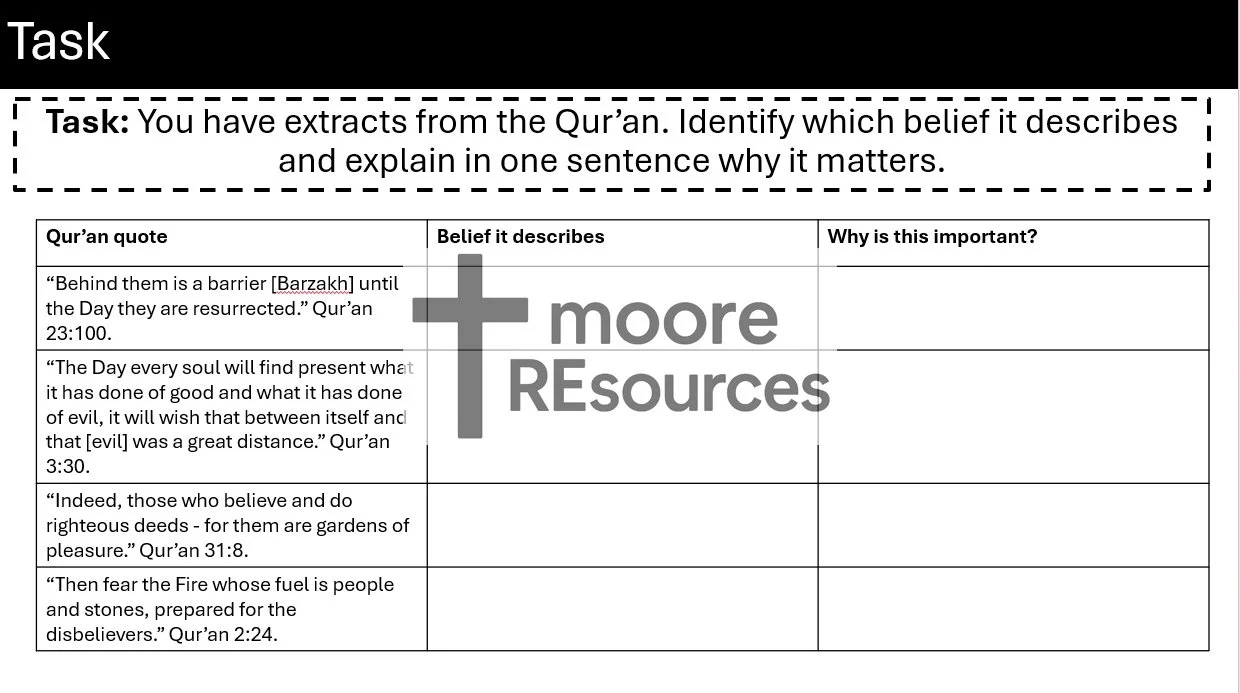 Image 1 of 5
Image 1 of 5

 Image 2 of 5
Image 2 of 5

 Image 3 of 5
Image 3 of 5

 Image 4 of 5
Image 4 of 5

 Image 5 of 5
Image 5 of 5






Unit 1 - Non-Religious Perspectives Bundle
USE CODE BUNDLE10 FOR £10 OFF WHEN YOU BUY TWO BUNDLES
Bring secular worldviews to life with this comprehensive and thought-provoking Bundle Pack for Units 1.8 and 1.9: Non-Religious Perspectives. Carefully aligned to the WJEC Religious Studies 2025 specification, this unit empowers students to explore diverse non-religious beliefs about life, death, identity, belonging, and morality. It invites learners to reflect on how humanists and other non-religious individuals find meaning, make ethical decisions, and build communities — making it an inspiring and accessible exploration for all.
Learners Will Understand:
1.8.1 Non-Religious Perspectives on the Meaning of Life
The belief that there is no single, agreed meaning of life.
How individuals shape their own purpose and meaning, while prioritising freedom and non-harm.
The significance of nature, autonomy, ethical living, and pursuit of fulfilment and happiness in creating a meaningful life.
1.8.2 Non-Religious Perspectives on Life and Death
Death understood as the end of existence, with no future reward or punishment.
The importance of valuing life without belief in a soul or afterlife.
Celebrating life as a unique and finite experience.
1.8.3 Non-Religious Practices
Mourning as an expression of grief and a celebration of life, rather than a fixed ritual.
Flexible, personalised funeral practices including eulogies, music, and the involvement of celebrants.
Providing support and creating spaces for remembrance and community.
1.9.1 Non-Religious Perspectives on Identity, Belonging, and Practices
Building identity and belonging without religious affiliation.
Engagement in charitable work, community organisations, and social causes as expressions of shared values and community connection.
1.9.2 Non-Religious Perspectives Towards Morality
Making moral decisions using conscience, reason, and free will.
Ethical frameworks including:
Absolutism: judging actions by fixed principles.
Relativism: considering the context or situation.
Consequentialism: evaluating the outcomes of actions.
Suitable for:
WJEC GCSE Religious Studies (from 2025)
KS4 PSHE and Citizenship modules
Ethics, philosophy, and sociology crossover lessons
Revision, enrichment, or extended project sessions
USE CODE BUNDLE10 FOR £10 OFF WHEN YOU BUY TWO BUNDLES
Bring secular worldviews to life with this comprehensive and thought-provoking Bundle Pack for Units 1.8 and 1.9: Non-Religious Perspectives. Carefully aligned to the WJEC Religious Studies 2025 specification, this unit empowers students to explore diverse non-religious beliefs about life, death, identity, belonging, and morality. It invites learners to reflect on how humanists and other non-religious individuals find meaning, make ethical decisions, and build communities — making it an inspiring and accessible exploration for all.
Learners Will Understand:
1.8.1 Non-Religious Perspectives on the Meaning of Life
The belief that there is no single, agreed meaning of life.
How individuals shape their own purpose and meaning, while prioritising freedom and non-harm.
The significance of nature, autonomy, ethical living, and pursuit of fulfilment and happiness in creating a meaningful life.
1.8.2 Non-Religious Perspectives on Life and Death
Death understood as the end of existence, with no future reward or punishment.
The importance of valuing life without belief in a soul or afterlife.
Celebrating life as a unique and finite experience.
1.8.3 Non-Religious Practices
Mourning as an expression of grief and a celebration of life, rather than a fixed ritual.
Flexible, personalised funeral practices including eulogies, music, and the involvement of celebrants.
Providing support and creating spaces for remembrance and community.
1.9.1 Non-Religious Perspectives on Identity, Belonging, and Practices
Building identity and belonging without religious affiliation.
Engagement in charitable work, community organisations, and social causes as expressions of shared values and community connection.
1.9.2 Non-Religious Perspectives Towards Morality
Making moral decisions using conscience, reason, and free will.
Ethical frameworks including:
Absolutism: judging actions by fixed principles.
Relativism: considering the context or situation.
Consequentialism: evaluating the outcomes of actions.
Suitable for:
WJEC GCSE Religious Studies (from 2025)
KS4 PSHE and Citizenship modules
Ethics, philosophy, and sociology crossover lessons
Revision, enrichment, or extended project sessions


